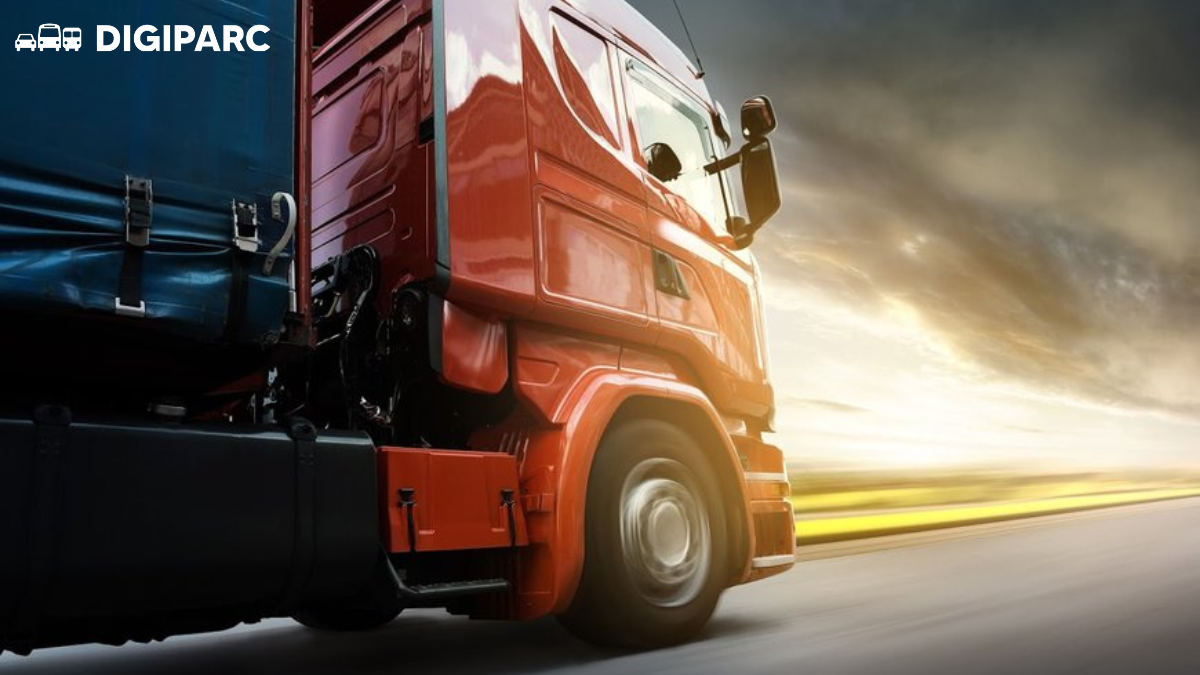Operational Costs Analysis of Trucking: An Overview
2023-07-27T08:32:15.629Z
The trucking industry plays a crucial role in the global economy, transporting goods across vast distances and connecting businesses to consumers. As the backbone of freight transportation, trucking companies face a myriad of operational costs that significantly impact their profitability and competitiveness. In this article, we will provide an overview of the operational costs involved in the trucking business and explore strategies to optimize these expenses.
- Fuel Costs:
Fuel costs represent one of the most substantial expenses for trucking companies. The price of diesel fluctuates with market conditions, making fuel costs highly volatile. To mitigate the impact of rising fuel prices, companies can implement fuel-saving measures, such as adopting fuel-efficient trucks, optimizing route planning, and promoting eco-friendly driving practices among their drivers. Regular maintenance and tuning of engines can also contribute to better fuel efficiency.
- Labor Costs:
Labor costs encompass wages, benefits, and payroll taxes for drivers, dispatchers, mechanics, and administrative staff. As trucking companies experience a shortage of qualified drivers, recruiting and retaining skilled personnel is becoming increasingly challenging. To manage labor costs, businesses can invest in driver training and incentive programs, optimize driver schedules to minimize downtime, and ensure fair and competitive compensation packages.
- Maintenance and Repairs:
The regular maintenance and repairs of trucks are essential to ensure safety, compliance, and efficiency. Unexpected breakdowns and major repairs can lead to significant downtime and expenses. Companies can reduce maintenance costs by adopting a proactive approach, implementing preventive maintenance schedules, and regularly inspecting their fleet for potential issues. Additionally, some businesses choose to outsource maintenance to specialized service providers, which can result in cost savings and expert care.
- Insurance Costs:
Trucking companies face various risks on the road, making insurance a critical component of their operational costs. Insurance premiums are influenced by factors such as the company's safety record, the age and condition of the fleet, and the type of cargo transported. To manage insurance costs, businesses can prioritize safety, invest in driver training programs, and adopt technologies such as telematics to monitor driver behavior and reduce accident rates.
- Equipment Costs:
Acquiring and maintaining trucks represents a significant capital investment for trucking companies. New trucks equipped with the latest technologies may yield better fuel efficiency and lower maintenance costs, but they come with a higher upfront price. Companies should carefully assess the total cost of ownership over the lifespan of the vehicle to make informed decisions on fleet acquisitions. Leasing options and fleet management services can also provide cost-effective solutions for obtaining and managing trucks.
- Compliance and Regulatory Costs:
The trucking industry is heavily regulated, and companies must comply with various federal, state, and local regulations. These requirements include safety standards, hours-of-service regulations, and emissions compliance. Non-compliance can result in penalties and fines, negatively impacting a company's bottom line. To manage compliance costs, businesses need to invest in robust compliance management systems, provide ongoing training to drivers and staff, and stay informed about changing regulations.
- Administrative Costs:
Administrative expenses encompass a wide range of overhead costs, including office operations, legal and accounting services, and back-office staff. Streamlining administrative processes and investing in technology to automate tasks can reduce administrative costs and improve overall efficiency.
In conclusion, analyzing and optimizing operational costs are essential for the success and sustainability of trucking companies. By focusing on fuel efficiency, labor management, maintenance practices, insurance strategies, equipment decisions, compliance measures, and administrative efficiency, businesses can enhance their profitability and maintain a competitive edge in the dynamic trucking industry. A comprehensive approach to cost analysis and optimization will not only benefit the individual trucking company but also contribute to the overall efficiency and reliability of the transportation sector as a whole.